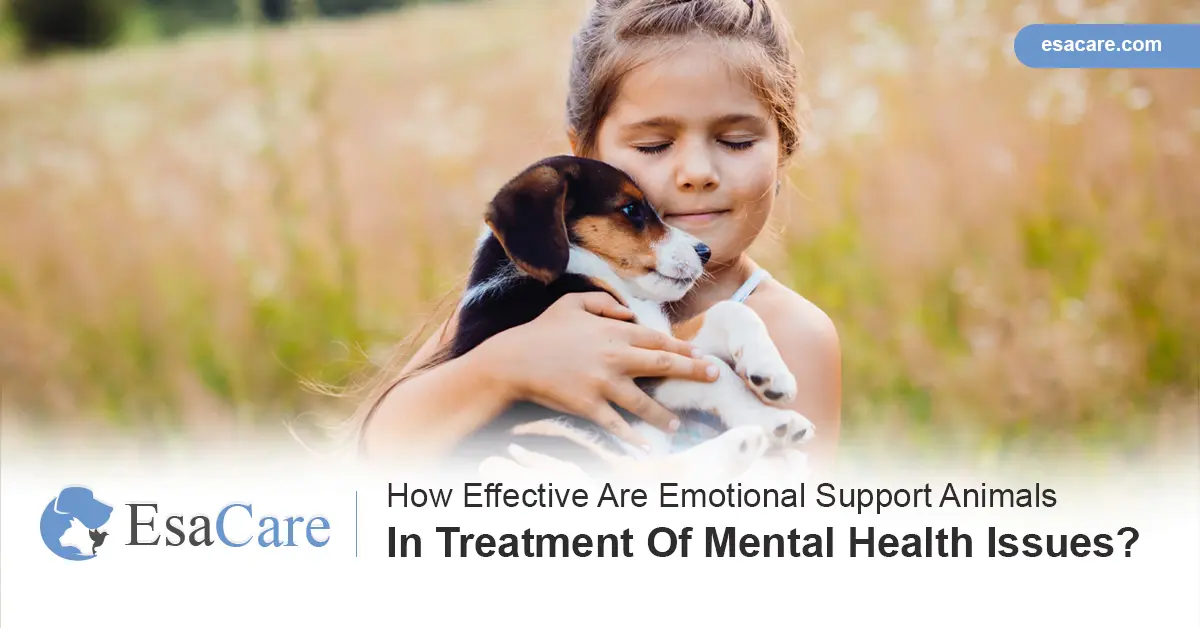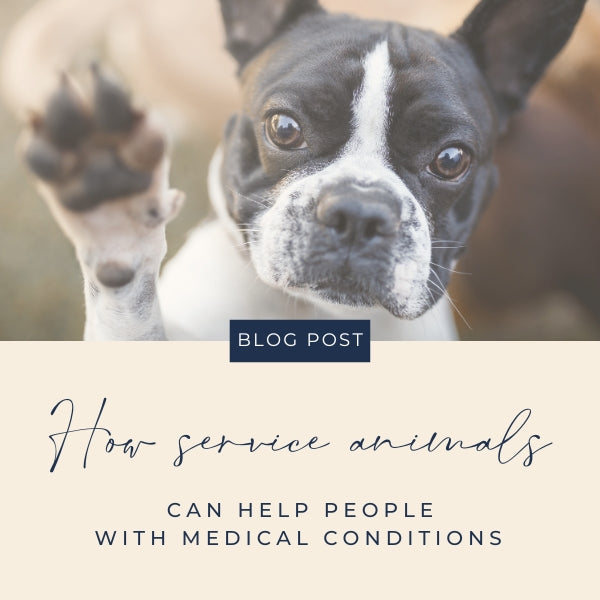New Facts For Choosing Probiotics For Dogs
Wiki Article
What Are The Most Prevalent Health Issues That Affect Animals?
The age of the animal is a factor, species and health, the medical conditions of animals can vary. Some of the most common problems that animals suffer from include:
Parasitic Infections: Ticks and fleas as well with mites and worms can cause various health issues. It is crucial to keep your pet free of parasites by ensuring that your pet receives regular examinations. Skin Skin conditions such as allergies, dermatitis, or hot spots can be painful and uncomfortable for animals.
Ear Infections - Ear infections are common in both dogs and cats, especially those with floppy ears and can cause issues with hearing and discomfort.
Dental Issues: Dental problems such as periodontal disease and tooth decay may adversely affect an animal's general health.
Respiratory Diseases - When animals are in stressed or overcrowded environments animals may suffer from upper respiratory diseases (pneumonia or the bronchitis) as well as pneumonia.
Arthritis and joint problems- Both older animals and some large breeds can be affected by arthritis and joint problems, which can cause pain and decrease mobility.
Obesity- Overweight animals are susceptible to a variety of ailments, including heart disease, diabetes, and joint problems.
Gastrointestinal Problems- Vomiting, diarrhea and other digestive issues may be caused by dietary problems as well as infections or underlying conditions.
Cancer- Animals, like humans, are susceptible to developing various types of cancer, which may require treatment such as radiation, surgery or chemotherapy.
The early detection and prevention of wounds and injuries is crucial to the health and welfare of animals. A balanced diet, regular vet check-ups, vaccinations and parasite control are a way to prevent many of the common medical problems in animals. In addition, if your animal exhibits symptoms of discomfort or illness then you must seek immediate medical attention. The very best of the most pet sleep supplements for more tips.

What Are The Top Supplements Such As Vitamins, Probiotics And Vitamins For Dogs?
Vitamins, probiotics, or any other supplements should be selected according to the needs of each dog and any veterinarian's recommendations. It is crucial to provide your dog with a balanced and nutritious diet Some dogs could require other supplements. Here are a few of the most popular supplements for dogs along with their benefits
Antioxidants. Vitamin C and E are antioxidants that help to protect the cells of your dog from damage caused by oxidation and improve their immune system. Calcium and Vitamin D are essential for strong bones and teeth particularly for puppies and large breeds.
Fiber Supplements are beneficial to dogs with digestive problems, such as diarrhea or constipation.
Green-Lipped Mussels Extract - This supplement, rich in omega-3 fats can reduce inflammation in joints and increase mobility for dogs who suffer from arthritis.
Coenzyme (CoQ10): CoQ10 is a potent antioxidant which helps to maintain heart health. It also helps to create energy in cells.
Milk Thistle This herb can be beneficial for dogs with liver issues or are taking liver-related medications.
Before you give your dog any food supplements it is essential to speak with your vet. They'll be able to offer recommendations that are tailored to their specific needs. The health of your dog, its age and size can affect the dosage. Too much supplementation can cause damage. It is also essential to choose supplements from manufacturers you trust. Talk to your vet in the event that you observe any unusual signs or reactions. A well-balanced and veterinarian-recommended diet is typically the best way to meet your dog's nutritional needs, and supplements should only be used when necessary and under professional guidance. The very best of the finest pet herbal supplements for senior dogs for blog recommendations.

What Are The Most Common Allergies To Yeast, Skin And Kidney Failure Among Dogs? What Are The Treatment Options?
There are many diseases that can affect your dog, including yeast infections and allergies to skin. They can be severe or mild dependent on the breed, age, and overall health. Here's a look at these ailments, along with their prevalence and potential treatment.
Skin Allergies: Prevalence. Skin allergies affect an important portion of dog populations. Allergies are caused by a range of triggers, including food or environmental triggers like pollen or dust mites, and even contact allergies.
Symptoms- Symptoms may include redness on the skin, itching, hair loss, hot spots, and ear infections.
Treatment: Skin allergies are typically treated by identifying and limiting allergen exposure. Treatments may include antihistamines and corticosteroids, as well as hypoallergenic foods, medication such as cyclosporine and hypoallergenic diets. The treatment of immunotherapy (allergy injections) and allergy testing are options for long-term care.
Despite the fact that these conditions can affect dogs, not all dogs is affected. Additionally, the prevalence is different for breeds and even between canines. Regular check-ups with your veterinarian and a balanced diet and preventative measures (such flea control, proper hygiene, etc.) can reduce the chance of developing. Talk to your vet if suspect that your dog has an illness that could be causing kidney issues, skin allergies or yeast infections. A vet can provide the most accurate diagnosis, as well as a tailored treatment plan. Early intervention can improve your pet's quality of life and lead to better outcomes. Take a look at the best pet herbal supplements for hunting cats for more info.
